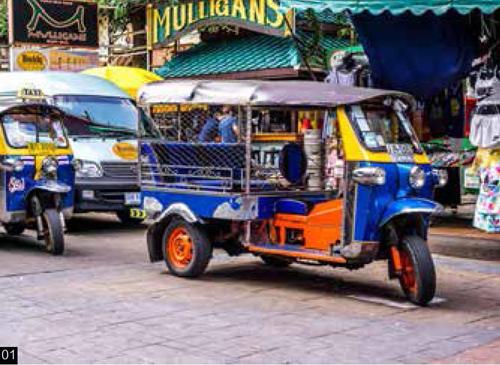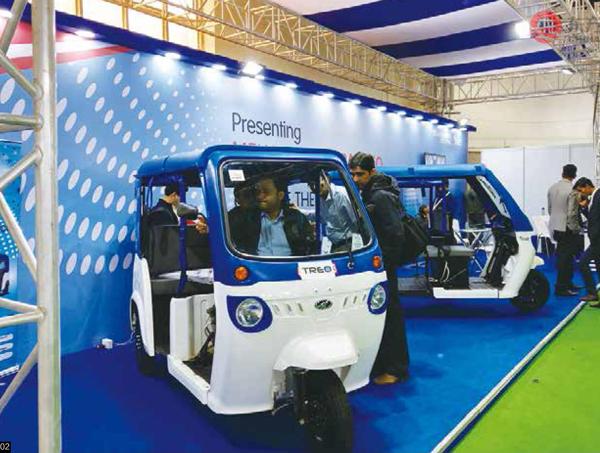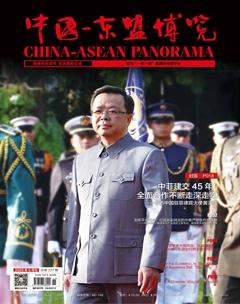A Greener Way of Transport
Rattanasiri Sukhakhanon


One of Thailands main policies is to encourage and invest in research that would strengthen the electric vehicle (EV) industry. One of the ongoing tangible projects is the collaboration between the Electronics Generating Authority of Thailand (EGAT), National Electronics and Computer Technology Center (NECTEC), and National Science and Technology Development Agency (NSTDA). It started in 2010 and plans to complete its EV Kit & Blueprint Project in modifying its first car this November.
Research is key to success
This project aims to design seven of the EVs main parts for local production by Thai entrepreneurs in the future. The project intends to acquire new knowledge and to brainstorm appropriate designs, in order to replace the internal combustion engine with a 100% battery-based EV. The use of batteries as power generators for EVs is a big challenge for Thai researchers, as they work on developing the related technology.
Pimpa Limthongkul, Senior Researcher in Electrochemical Materials and Systems at the National Metal and Materials Technology Centre (MTEC), said that the goal of this research is to improve battery technology and enhance Thailands competitiveness in the global market. She encourages the government to introduce tax incentives and exemption of import duties for EV parts, as well as import facilitation for necessary products.
Apichart Prasinarit, President of Real Estate and Partnerships Trade Association, and CEO and co-founder of Angel City Co., Ltd. believed that EVs and smart cities are part of the global trend that is affecting our lives. In this regard, Thailands Partnerships Trade Association has initiated activities such as the EV prototype design contest for undergraduate students to promote knowledge and understanding of EVs among the young generation.
Penetrate different markets
As EV is new and unfamiliar, new market penetration is necessary for building a strong foothold. In addition, there has to be different business models for approaching different target customers. For example, the strategy of “Strom”, a Thai electric motorcycle launched by OSKA Holding Co., Ltd. in 2017, is to manufacture products based on the number of orders. Customers can make special orders by modifying the six available model designs that cater to specific demands.
According to Somboon Orm-Norm, Production and Training Manager at OSKA Co., Ltd. the company has been discussing the production of electric motorcycles with many customers, in order to send them a batch of such motorcycles for operational use. Some customers are helping to design and test the motorcycles to ensure that it fits their requirements, such as in producing motorcycles for deliveries. If these electric motorcycles become successful, they would constitute Thailands first “green logistics”, as they operate without gas and noise emissions.
- 中国-东盟博览(政经版)的其它文章
- 资讯
- 简讯
- 声音
- 读图
- 中菲建交45年,全面合作不断走深走实
- “抓住今天,才能不丢失明天”

